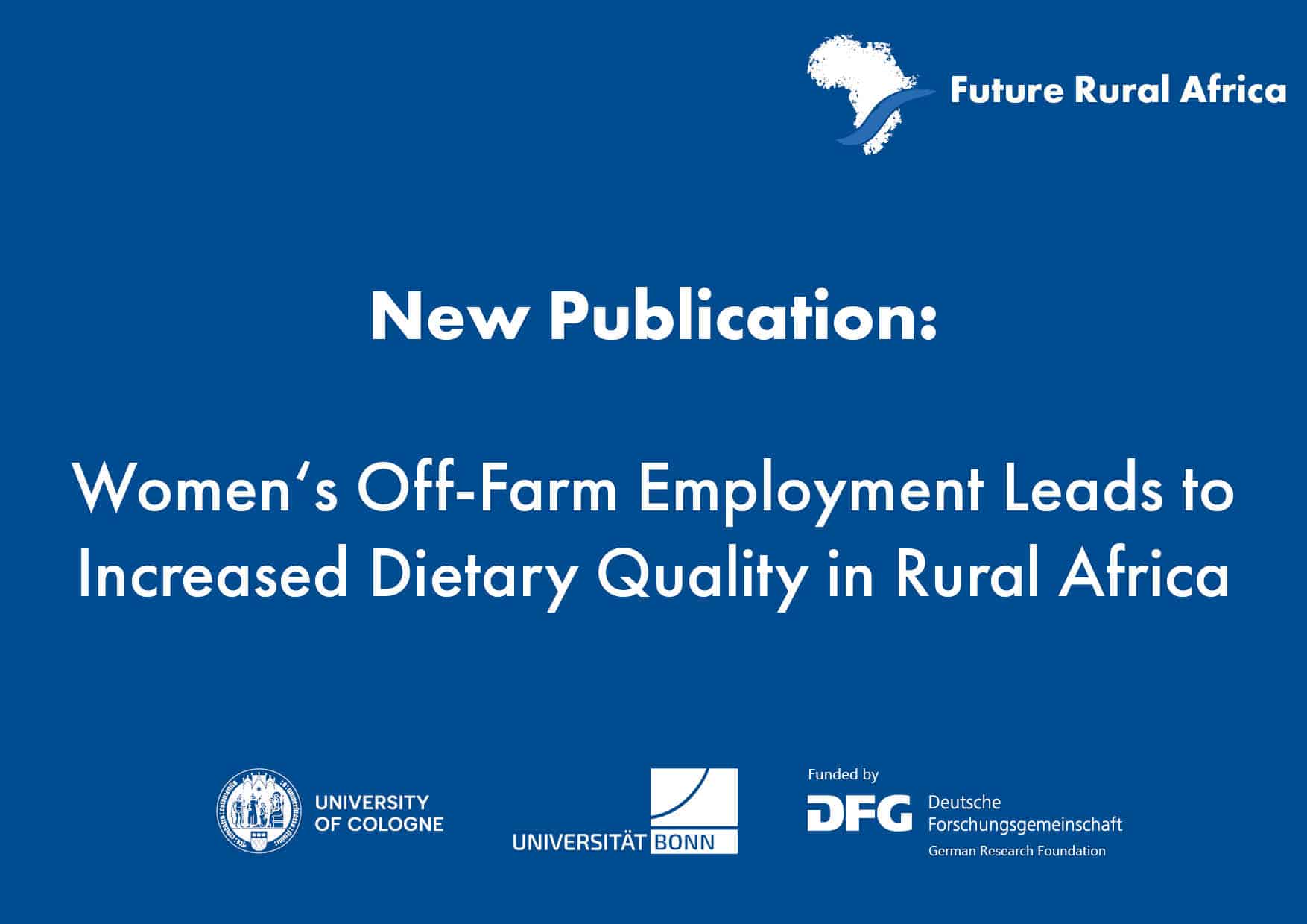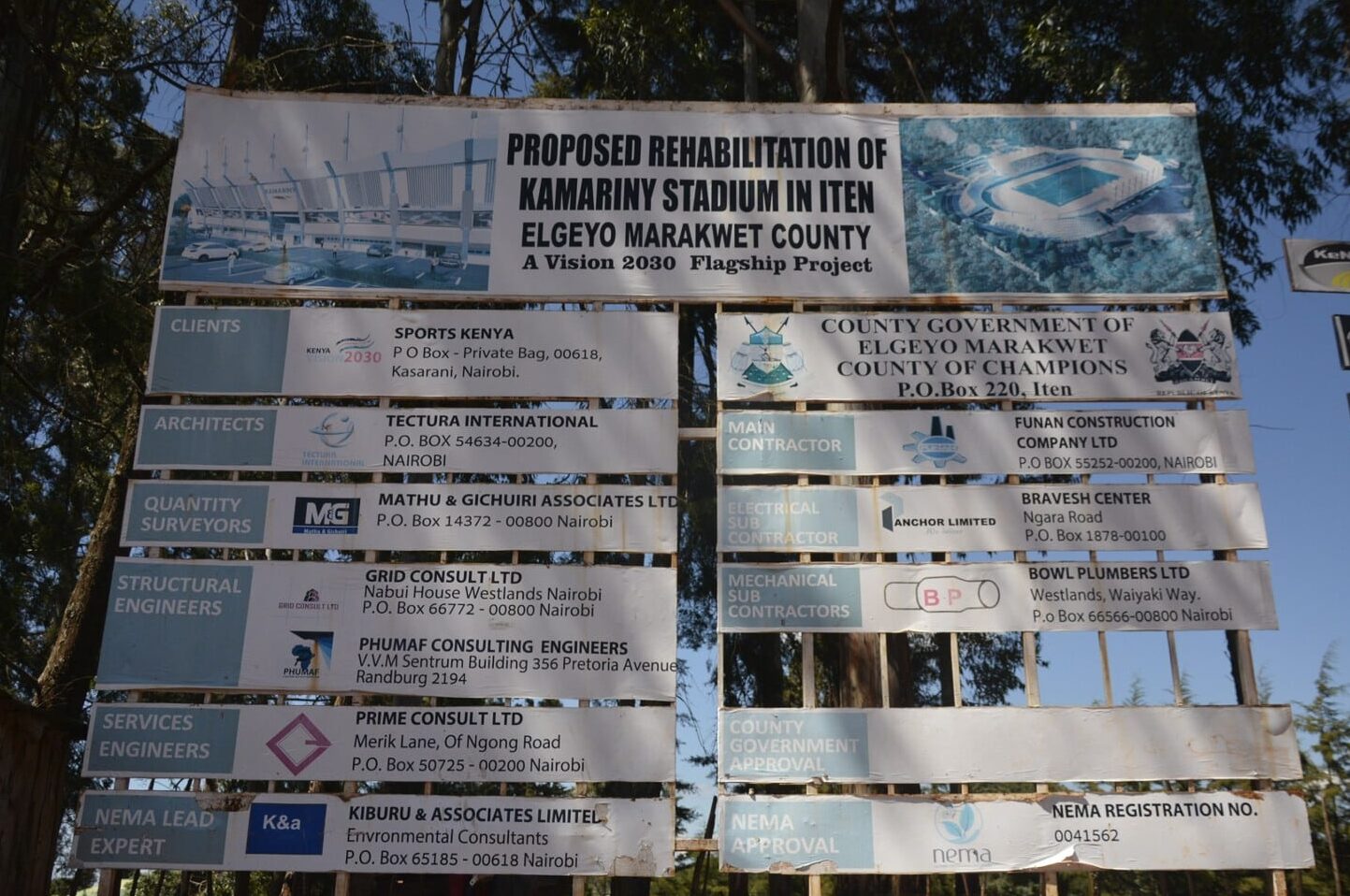Can we get rid of ‘the west vs.” the rest”’? Well, it is never too late to reflect on hierarchical structures in development research – and have the courage to change them incrementally. Following this important assessment, the authors invite researchers in the field of “development” to (re)- search for power structures in their own work. As former PhDs in an interdisciplinary project dealing with “development”, the authors reflect on a similar environment and experiences as in the CRC “Future Rural Africa”, which makes this a valuable lecture for CRC researchers.
The authors discuss questions like: Why, despite the recent attention to issues of positionality and power, do power asymmetries and inequalities remain visible, practiced, and reproduced? How can we overcome the “white colonial gaze” and thus the myths of an objective production of knowledge about “development”? How can development researchers contribute to such a transformation?
“Post- and decolonial critique uncovers the power structures inherent in the production of knowledges and the control of peoples, places, and spaces that are all measured against the yardstick of European modernity (Dabashi 2015; Kothari 2006; Pailey 2019; Ziai 2016)” (p. 4).“(…) the idea that the push for change has to come exogenously persists, cementing a binary worldview that locates problems in one half the world, and solutions in the other” (p. 4).
Acknowledging a researcher’s power position goes hand in hand with divesting the assumption a researcher can be objective or neutral towards their research item. The authors argue that a practice of reflexivity should function as a guiding principle and a crucial tool for researchers and practitioners to self-evaluate their practices of reproducing inequalities and hierarchies. They further highlight that knowledge co-construction can serve as a counterproposal to overcome hierarchies based on positionality in development research. Moreover, there is a consolidated notion of “development” as a linear construct that can only go up, especially among mainstream economists and modernisation theorists that are based on the growth paradigm. Rethinking the construction of knowledge in these processes, one must consider how the researcher, based on their values, beliefs, and privileges, actively sorts out which field data they process and in which way. This, as the authors problematise, often blends out bottom-up perspectives to the expense of “universal” knowledge and theory building.
Therefore, “western” research projects dealing with “development” in any way need to seek not only solutions for the areas where they identify the problem, but with their scholars, civil society, and policy-makers and thus come closer to co-constructing knowledge. Researchers of the CRC/TRR228 will also need “to challenge and disrupt the universalising, homogenising, and colonising (material and non-material) practices that are well-ingrained within and around “development”” (p. 15) to help getting rid of the myriad of persisting dichotomies, such as “developed” vs. “underdeveloped”, “traditional” vs. “modern”, and ultimately “the west” vs. “the rest”.
Bilgen, A. Naris, A., Schöneberg, J. (2021): Why positionalities matter: reflections on power, hierarchy, and knowledges in \”development\” research. Canadian Journal of Development Studies/ Revue canadienne d\’études du développement.
By: Carolin Hulke as blogpost entry for CRC Reads. Click here to read previous posts and learn more on how to participate.






